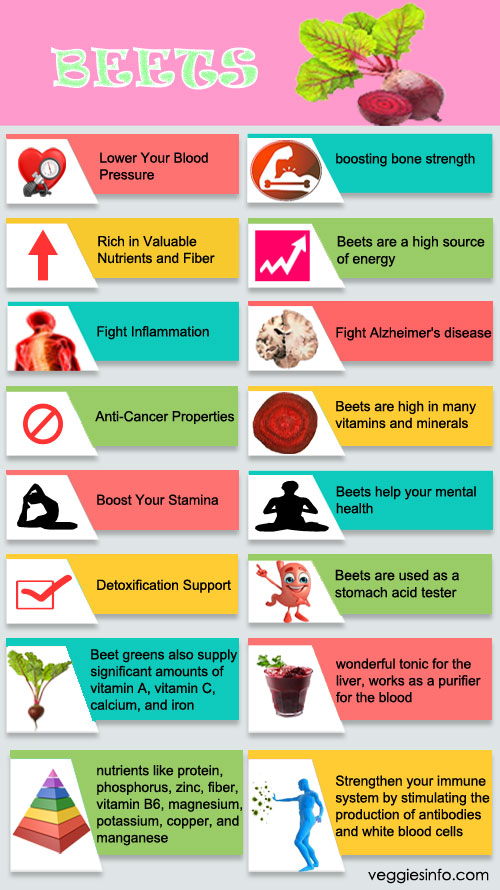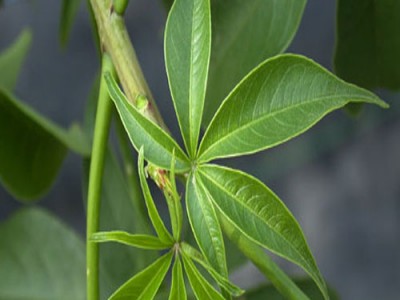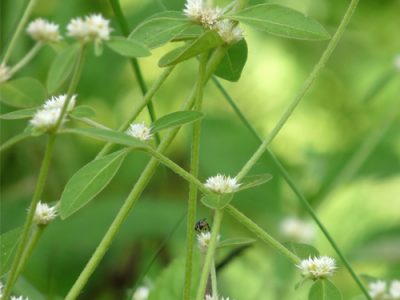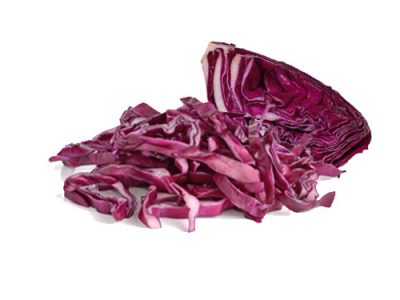
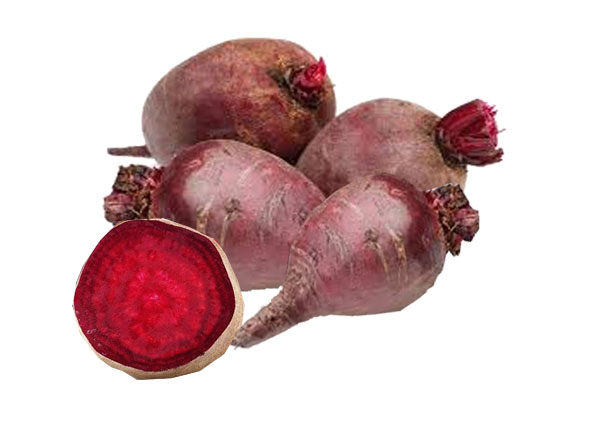
Nutrition Information & Healthy Eating Beets
About Beets
Beets, a taproot, come with the scientific name Beta Vulgaris. This edible root is known for its distinctive red colour and high nutrition value. Beetroot is grown as a cool -season crop that can withstand harsh climatic effects like frost and freezing temperatures. This is a long season crop grown in regions of India and Britain. This sea beet was originally found in Eastern Mediterranean regions and the Middle East, during those days, the people there only consumed the leafy part of the plant discarding the roots. Beet root was known more for its medicinal use rather than its culinary use. Aliments such as digestive disorders and blood related issues were often treated with the aid of beets. Bartolommeo Platina a profound writer and gastronomist suggested the intake of beetroot with garlic in order to avoid bad breath.
Nutrition Value Of Beets
- Rich in Valuable Nutrients and Fiber.
- Detoxification Support.
- Nutrients like protein, phosphorus, zinc, fiber, vitamin B6, magnesium, potassium, copper, and manganese.
- Beet greens also supply significant amounts of vitamin A, vitamin C, calcium, and iron.
Benefits of Beets
- Lower Your Blood Pressure.
- Boost Your Stamina.
- Fight Inflammation.
- Anti-Cancer Properties.
- Boosting bone strength.
- Fight Alzheimer’s disease.
- Strengthen your immune system by stimulating the production of antibodies and white blood cells.
- Beets are high in many vitamins and minerals.
- Wonderful tonic for the liver, works as a Purifier For the Blood.
- Beets help your mental health.
- Beets are used as a stomach acid tester.
- Beets are a high source of energy.
Interesting Facts about Beets
Betroot is a root vegetable that has been consumed for centuries and is a staple in many cultures. It is packed with vitamins, minerals, antioxidants, and fiber. Betroot is a member of the Chenopodiaceae family, which includes other nutritious vegetables such as spinach, beets, and Swiss chard. Betroot has a deep purple-red color and a sweet, earthy flavor. Betroot has a long and interesting history. It is believed to have originated in the Mediterranean and was used as far back as 500 BC. Ancient Greeks, Romans, and Egyptians used betroot as a medicinal plant. Betroot was also a popular vegetable in ancient India. The leaves and roots of the plant were used to treat a variety of ailments, including fever, indigestion, and constipation. Betroot is also a popular ingredient in many cuisines. In India, betroot is used to make a variety of dishes, including a popular dish called “saag,” which is made with chopped betroot and spinach. Betroot is also used in salads, soups, and stews in various cultures.
Betroot is a nutritional powerhouse. It is high in vitamins A, C, and K, as well as calcium, magnesium, and potassium. Betroot also contains a variety of antioxidants, including betalains, which are thought to help reduce inflammation and protect cells from damage caused by free radicals. Betroot is low in calories and fat, making it an excellent addition to a healthy diet. It is also high in dietary fiber, which can help promote healthy digestion and reduce the risk of certain chronic diseases. In addition, betroot is a good source of folate, which is essential for cell growth and development. Betroot is also gaining popularity for its natural coloring abilities.
Betalain pigments in betroot can be used to dye fabrics, food, and cosmetics. Betalain pigments are also used in natural dyes and food coloring. Betroot is a nutritious, versatile vegetable that is gaining popularity in many cultures. It is high in vitamins, minerals, antioxidants, and fiber, making it an excellent addition to a healthy diet. Betroot is also gaining popularity for its natural coloring abilities. Whether it’s eaten raw, cooked, or used as a natural dye, betroot is a nutritious and interesting addition to any meal.
| Principle | Nutrient value | Percentage of RDA |
|---|---|---|
| Energy | 43 cal | 2% |
| Carbohydrates | 9.56 g | 7% |
| Protein | 1.61 g | 1% |
| Total Fat | 0.17 g | 0.5% |
| Cholesterol | 0 mg | 0% |
| Dietary Fiber | 2.80 g | 7% |
| Vitamins | ||
| Folates | 109 µg | 27% |
| Niacin | 0.334 mg | 2% |
| Pantothenic acid | 0.155 mg | 3% |
| Pyridoxine | 0.067 mg | 5% |
| Riboflavin | 0.057 mg | 4% |
| Thiamin | 0.031 mg | 2.5% |
| Vitamin A | 33 IU | 1% |
| Vitamin C | 4.9 mg | 8% |
| Vitamin E | 0.04 mg | 0.5% |
| Vitamin K | 0.2 µg | 0% |
| Electrolytes | ||
| Sodium | 78 mg | 5% |
| Potassium | 325 mg | 7% |
| Minerals | ||
| Calcium | 16 mg | 1.5% |
| Copper | 0.075 mg | 8% |
| Iron | 0.80 mg | 10% |
| Magnesium | 23 mg | 6% |
| Manganese | 0.329 mg | 14% |
| Zinc | 0.35 mg | 3% |
| Phyto- nutrients | ||
| Carotene-ß | 20 µg | — |
| Betaine | 128.7 mg | — |
| Lutein- zeaxanthin | 0 µg | — |
It is a fact well known that beets are highly nutritious and health benefiting. They are low in calorie and contain zero cholesterol and a very minimal amount of fat. This food gets its nutrition benefit from fibre, vitamins, manganese minerals and also folate. Apart from all these nutrients beets also is a house of potassium, vitamin C and antioxidants. A cup of beets raw consist of 58 calories and 13 grams of carbohydrates. The health benefits provided by consuming beets is many, some of them are mentioned as follows. Betaine a bio active agent that is present in beets protects the liver and aids in weight loss as it breaks down the food that is consumed. There is always a good cholesterol and bad cholesterol, beets consist of oxidants such as carotenoids and flavnoids that prevent the body from bad cholesterol and protect the arteries from clogging. Consuming beets while a woman is conceiving a baby is essential as beets consist of folic acid that is essential to form a back bone of the baby thus preventing spinal bifida. Potassium is highly responsible for the smooth contraction and expansion of the heart, apart from spinach beets form a very good source for potassium thus ensuring a good life with a healthy heart. Beet is also known as Nature’s Viagra since it is highly aphrodisiac in nature and is responsible for generating sex hormones in humans. Beet also has a cultural belief attached to it, it is believed that a man and a woman who eat from the same beet will fall in love.
How To Enjoy Your Beet
Beets have a distinctive red colour that is bright and tempting. It is often used in salads to add more colour to the food. Beetroot is also used as a natural food colouring agent in many dishes. This tap root can be consumed in many ways from salads to soups this food goes well in every cuisine. Pickled beets are traditionally made in states of Southern America. In India beet is prepared in different ways depending on the region. South of India likes its beets as a pooriyal or also added in making beetroot rice. Northern part of India adds boiled beet to their curries just like other vegetables such as tomato, potato etc . Beetroot juice is a popular health drink that is often recommended to weight watchers and people looking out for healthier lifestyle options.
All in all this food is harmless with no side effects and is a must have in everyone’s diet.

